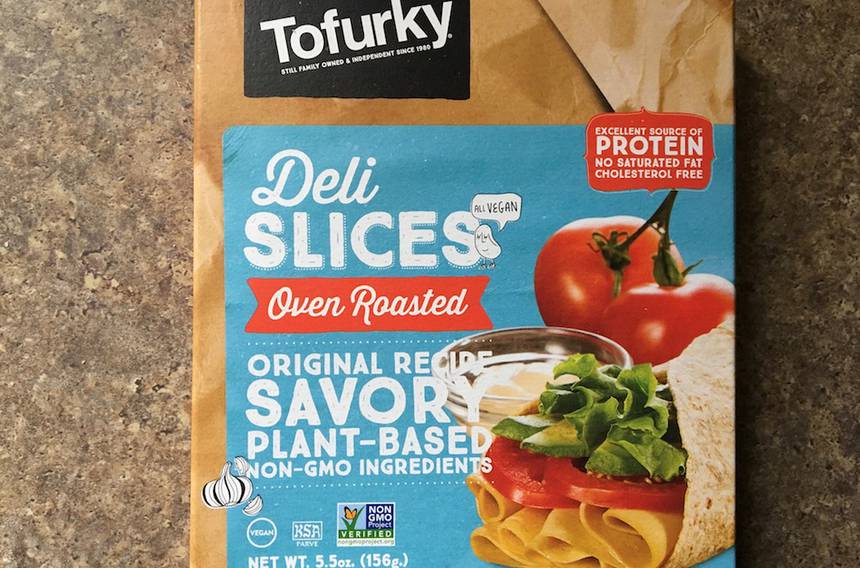One is a lifestyle, whereas the other is perceived mainly as a diet.
Where you used to see the word ‘vegan’, now you see ‘plant-based’. It is everywhere, slapped onto imitation meats, protein bars, non-dairy milks, yogurts, and vegetable chips. Even restaurants are calling themselves plant-based, rather than vegan. Consumer research firm Mintel says that the term’s use increased 268 percent between 2012 and 2016.
What is it about ‘plant-based’ that has made it so trendy? Writing for the Washington Post, Lavanya Ramanathan calls it a rebranding of vegan eating for the mainstream. Whereas veganism is a lifestyle that governs choices beyond food (no leather, wool, honey, animal testing, etc.), plant-based is perceived as a diet – something that can come and go based on one’s daily choices. Thus it is seen as less limiting than veganism.
Ramanathan quotes Michele Simon, executive director of the Plant Based Foods Association, which was founded in 2016 and represents companies including Tofurky and Campbell Soup:
“The term ‘vegan’ tends to mean someone has to have a membership card to an exclusive club. You have to shun all forms of animal products, and it’s just not something that’s appealing to most people.”
Indeed, only 6 percent of Americans identify as vegetarian and 3 percent as vegan. But plant-based? Everyone has eaten vegetables. There is an immediate point of reference that draws people in; they respond positively to the idea of eating more vegetables and are more willing to give these alternative foods a try.
Restaurants and brands have jumped aboard, adding vegan and vegetarian options to their menus and being sure to label them as plant-based, too. Tofurky, for example, now uses both.
Not all vegans are happy about it. They view ‘plant-based’ as a dilution of veganism as the serious environmental, ethical, and health-based choice it is. Brian Wendel, who produced the controversial 2011 documentary Forks Over Knives, expressed concern that
“the original intentions of the plant-based diet touted in his film — which he sees as a traditional diet of whole foods, with beans, rice, sweet potatoes and other staples — are getting lost in translation.”
Nor is plant-based the be-all and end-all of healthy eating. Many of these products are still highly processed, which is why the ‘whole foods’ qualifier plays an increasingly important role in assessing what to buy.
Personally, I view the rise in plant-based eating as an excellent thing. I’ve written many posts about reducetarianism (and attended the first-ever Reducetarian Summit in 2017) and believe that we can’t realistically view dietary choices as all or nothing. Small reductions across a wider range will have a greater effect.
“With the average American eating 275 pounds of meat per year, getting an individual to reduce his or her meat consumption by only 10 percent would see a reduction in nearly 30 pounds annually. Now imagine if a quarter of the U.S. population did this. Realistically, this is a far more attainable goal than converting people to veganism.”
As plant-based foods appear in more grocery stores and restaurants, a greater percentage of people’s meals will be meatless because of this improved access. Surely that’s a goal that even vegans can support.
